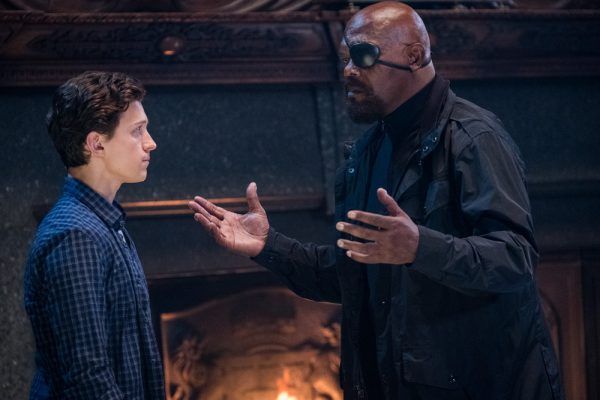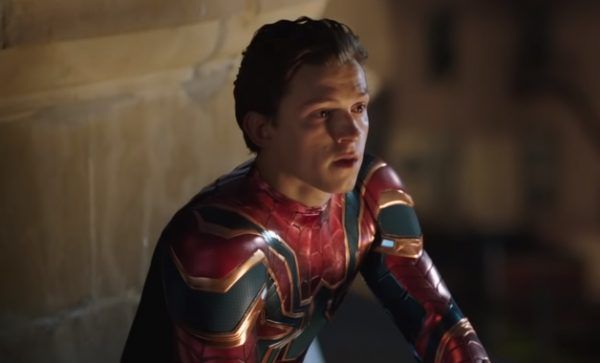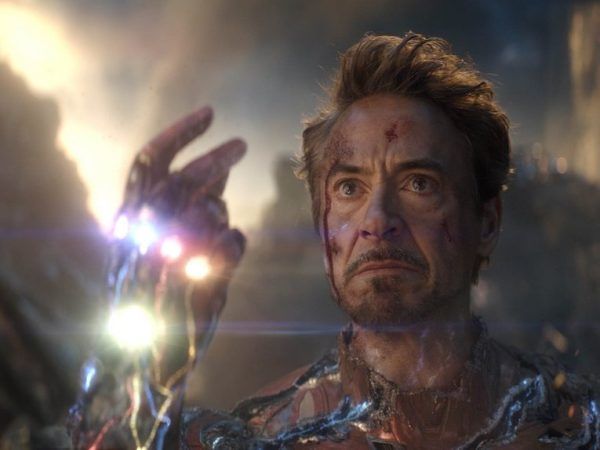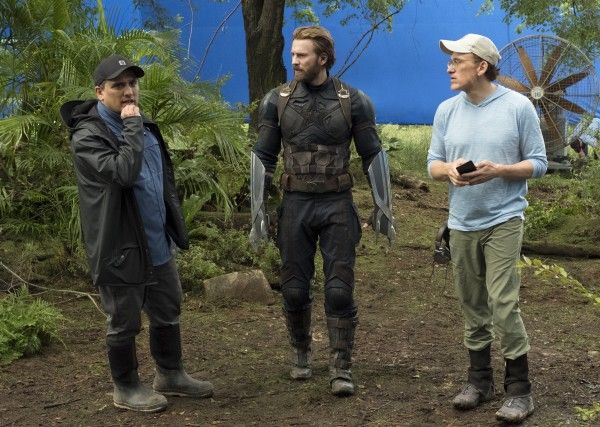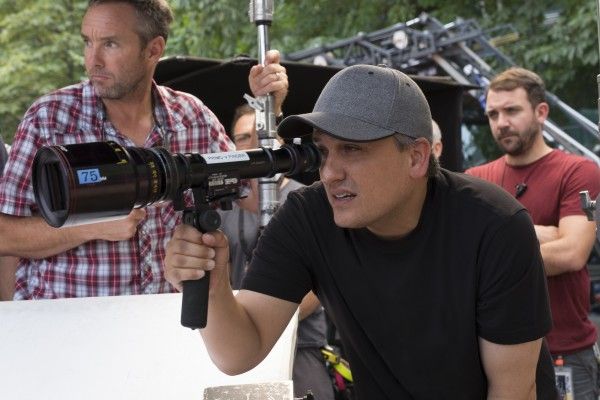You might think the directors responsible for bringing Spider-Man into the Marvel Cinematic Universe in the first place would be devastated by the news that Spidey is now out of the MCU. You would be wrong. To be clear, Captain America: Civil War filmmakers Joe and Anthony Russo aren’t exactly happy about the abrupt end of the Disney-Sony agreement that let Spider-Man appear in MCU movies, but they’re also intimately aware of how difficult that deal was to strike in the first place, so they still see Spidey’s brief shining moment in the MCU as an unexpected gift.
Late last month, word broke that re-negotiations between Sony Pictures and Disney/Marvel Studios had stalled, as the studios aimed to set new terms for standalone Spider-Man movies going forward. Under the current deal—which produced Spider-Man: Homecoming and Spider-Man: Far from Home and allowed for Tom Holland’s appearance in Civil War, Avengers: Infinity War, and Avengers: Endgame—Disney got a small piece of the box office of Homecoming and Far from Home in exchange for Marvel Studios serving as lead creative producer on the films. Going forward, the Mouse House suggested they get a bigger piece of the box office pie (along with investing more money into the production of standalone Spider-Man movies), but this didn’t sit well with Sony, who gets no share of box office from MCU movies while Disney also has complete ownership over merchandising.
As of right now, both sides have walked away from the table and Sony intends on producing future Spider-Man movies on its own, and with the deal off, Holland is not allowed to appear in any further MCU films.
This obviously upset fans who were hoping to see how that Far from Home cliffhanger would ripple through the MCU, but in speaking with The Daily Beast, the Russo Brothers underlined how impossible it was to make this deal in the first place:
“It wasn’t easy,” adds Joe Russo. “Kevin [Feige] went through a lot. There were a lot of ups and downs, and he kept walking into our office and we’d go, ‘Look, we’ve got to do it with [Sony],’ and he’d go, ‘OK, I’ll figure it out,’ and walk back into his. He was looking for the way out. He wanted to open that door and have us go, ‘We figured it out! We don’t need Spider-Man!’ because it’s a lot of work to get two major corporations to play nice with each other, and the fact that it happened at all, we should all be dancing and celebrating that we got that little bit of time.”
I outlined the difficulty in striking this deal in my piece on how Spider-Man: Homecoming was made, and Russo isn’t wrong here. Which is why the two aren’t shocked the deal didn’t last:
“I think that’s why Joe and I are not so devastated or surprised that there’s been a falling-out, because it was so hard to make it happen in the first place,” offers Anthony Russo.
The door remains open for a new deal to be struck if Disney or Sony change their mind, but it is possible that Far from Home marks the last time we see Holland with MCU characters.
The Russo Brothers, meanwhile, aren’t quite done with Avengers: Endgame yet, as they and Marvel Studios have their eyes on Oscar recognition—namely for Robert Downey Jr.:
“I don’t know if I have ever seen—in movie history—a global audience react to a performance the way they did to Robert Downey in that movie,” claims Joe Russo. “There were people bawling in movie theaters, hyperventilating. I mean, that is a profound performance, when you can touch audiences all over the world to that degree. We’ve never seen anything like that, and if that doesn’t deserve an Oscar, I don’t know what does.”
Russo acknowledged the uphill battle the superhero movie will have to climb to be taken seriously at the Oscars, while also taking a bit of a shot at the Academy Awards’ apparent bias against popular movies:
“We’ll say this: there certainly is a disconnect between the Academy and popular audiences. It started about 20 years ago. If you go back and look at the Academy Awards up until that point, they were in sync with popular audiences.”
He’s not wrong in that the Oscars tended to embrace sweeping commercial successes like Rain Man, Forrest Gump, and Titanic, but the so-called “turn” towards more arthouse fare not only coincided with Harvey Weinstein’s influence on the Oscars (which netted wins for small films like Shakespeare in Love and The English Patient), but also with the advent of CG-aided visual effects. The explosion of possibility that came with computer-created visual effects led to an uptick in the number of blockbusters being made, as audiences salivated for eye-popping VFX extravaganzas like Spider-Man, Transformers, and yes, Marvel movies.
But the Oscars haven’t entirely turned their back on popular films. Best Picture-winner Slumdog Millionaire was a box office sensation, Avatar was a serious threat to win the top prize, and just last year Bohemian Rhapsody won four Oscars despite a pretty scathing critical reception.
Nitpicking aside, I do think Avengers: Endgame is Oscar-worthy—I even wrote about it!—and a nomination recognizing Downey’s contribution to the MCU as a whole doesn’t seem out of the question. But I do think there’s a bit more nuance to be explored re: a perceived bias against commercial movies at the Oscars. See also: Green Book.


